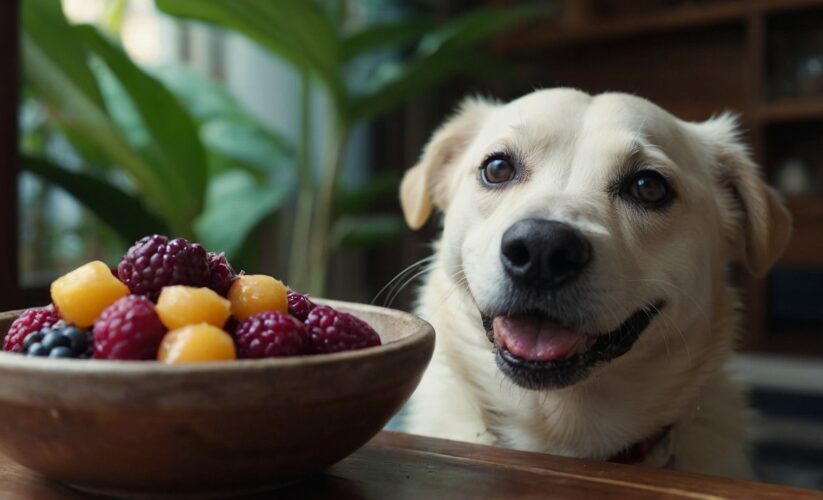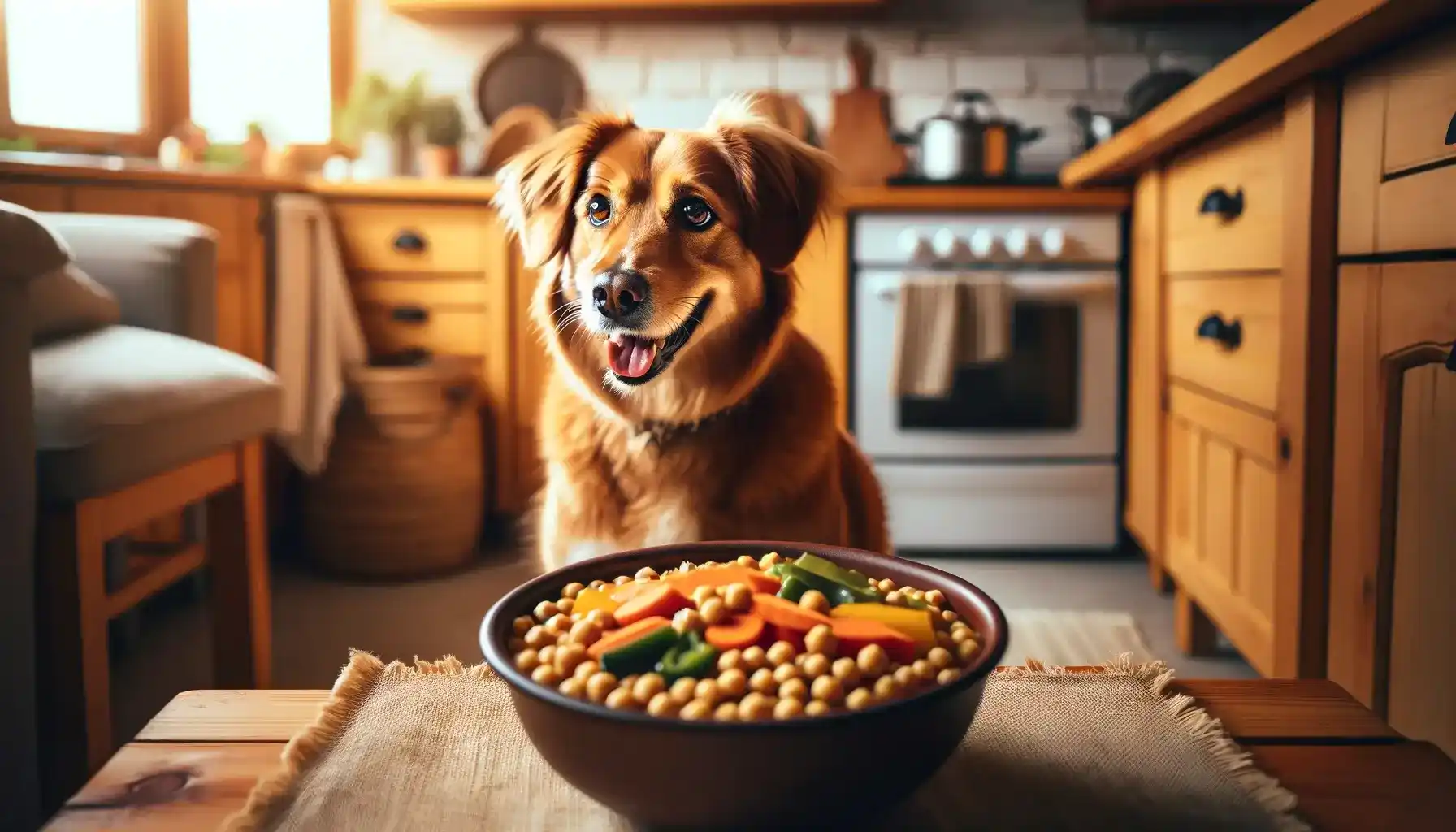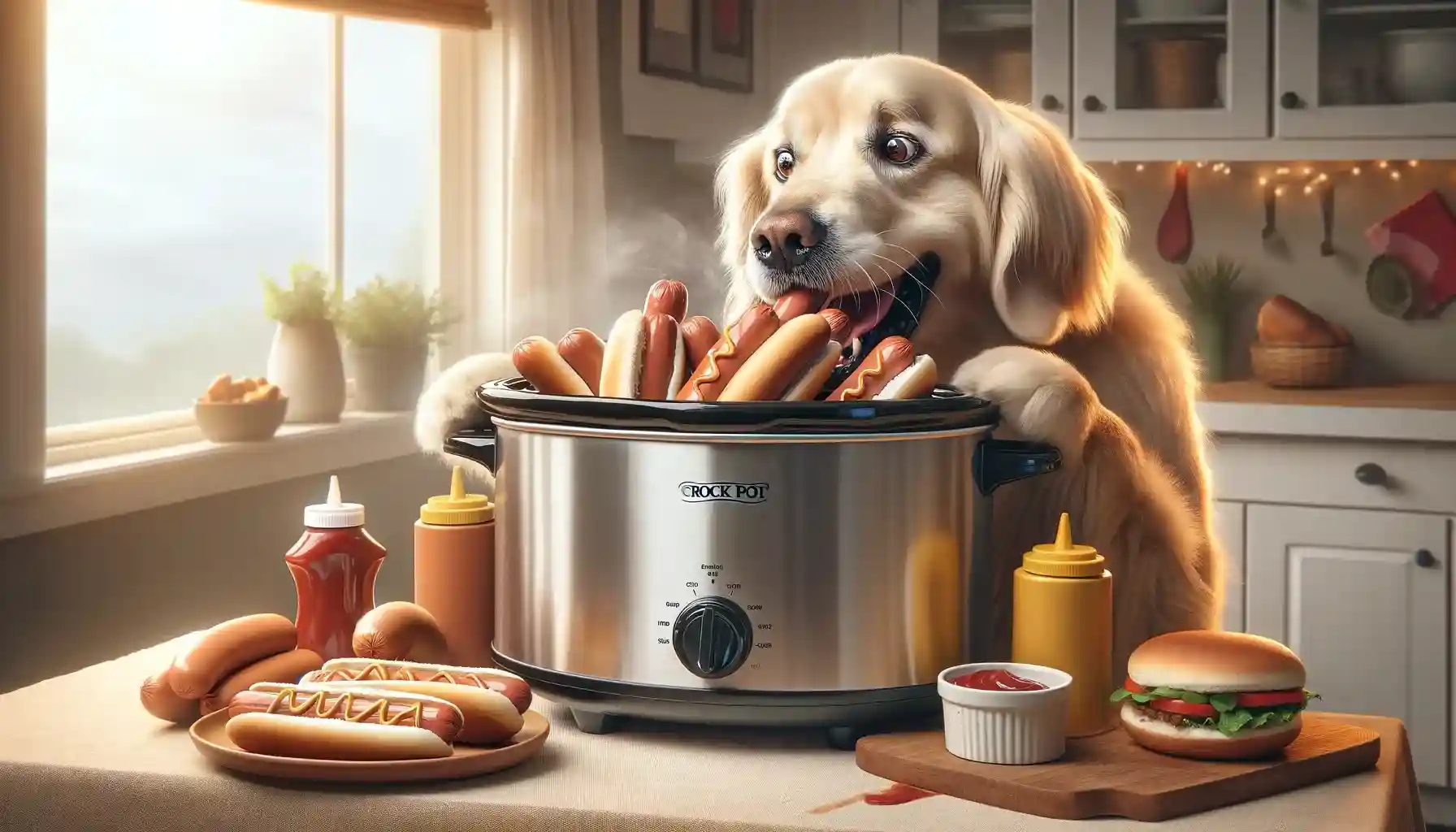Homemade dog food recipes vet approved for senior dogs

As our beloved pets age, their dietary needs evolve. Senior dogs, in particular, require more specialized diets to help them maintain their health, manage their weight, and keep their energy levels up. Homemade dog food recipes vet-approved for senior dogs can be a fantastic way to ensure your furry friend gets all the nutrients they need. This blog post delves into the world of homemade dog food, offering vet-approved recipes that are perfect for your aging canine companion.
Understanding the Dietary Needs of Senior Dogs
Senior dogs experience significant changes in their nutritional needs due to a slower metabolism and decreased activity levels. This shift necessitates a diet lower in calories to prevent weight gain, yet still rich in essential nutrients to support their overall health. A focus on high-quality protein is vital for maintaining muscle mass and supporting tissue repair, without adding unnecessary calories that can lead to obesity. Essential fatty acids, particularly omega-3s, become increasingly important for senior dogs as they help manage inflammation and maintain cognitive function. Vitamins and minerals must be carefully balanced to support immune health and bone density, which can decline with age. Additionally, dietary fiber plays a critical role in promoting digestive health, aiding in regular bowel movements, and helping to manage weight by providing a sense of fullness. Adequate hydration is another cornerstone of a senior dog’s diet, ensuring that kidney function is supported and toxins are efficiently removed from the body. Crafting a diet that meets these specific requirements can aid in prolonging your senior dog’s health and vitality, making each day as fulfilling as possible.
The Benefits of Homemade Dog Food for Senior Pets
One of the primary advantages of opting for homemade dog food for your senior pet is the ability to tailor meals specifically to their unique health requirements. As dogs age, they may develop specific dietary needs or health issues such as sensitivities, allergies, or chronic conditions that commercial foods may not adequately address. By preparing meals at home, pet owners can select ingredients that cater to these needs while excluding those that might exacerbate health problems. Additionally, homemade meals can be adjusted for texture, which is particularly beneficial for senior dogs who may have difficulty chewing or swallowing harder kibbles.
Another significant benefit is the avoidance of preservatives, artificial colors, and flavors commonly found in commercial dog foods. These additives can sometimes lead to digestive issues or contribute to the decline in health. Homemade dog food comprises fresh, wholesome ingredients, offering a cleaner diet that can enhance your senior dog’s digestive health and overall wellbeing.
Furthermore, the process of creating meals for your senior pet can strengthen the bond between pet and owner. Knowing exactly what goes into their food can provide peace of mind and a sense of accomplishment in actively contributing to the pet’s health and longevity. Plus, many owners find that their senior dogs show increased excitement and enjoyment at meal times when served homemade food, likely due to the variety and enhanced flavors that come with freshly prepared meals.
By focusing on nutritionally rich and easily digestible ingredients, homemade dog food can play a crucial role in maintaining your senior dog’s health, ensuring they receive the love and care they deserve in their golden years.
Essential Ingredients in Senior Dog Diet
Crafting a nutritious diet for your aging dog requires a careful selection of ingredients that cater to their changing needs. Lean meats, such as chicken, turkey, and beef, provide the high-quality protein necessary for sustaining muscle health without contributing to weight gain. Fish, particularly those rich in omega-3 fatty acids like salmon, are invaluable for their anti-inflammatory properties and support of cognitive functions, crucial for aging canines.
Incorporating whole grains and complex carbohydrates is also essential; options such as brown rice, barley, and quinoa offer the energy senior dogs need while being gentle on their digestive systems. These grains, alongside fibrous vegetables like sweet potatoes, carrots, and green beans, contribute to a well-rounded diet that promotes healthy digestion and weight management.

Healthy fats should not be overlooked, as they play a significant role in maintaining skin health and supporting brain function. Ingredients like fish oil and flaxseed are excellent sources of these beneficial fats. Moreover, to ensure your senior dog’s diet is complete, including a variety of vegetables can provide a natural source of vitamins and minerals, supporting everything from vision to immune health.
Lastly, it’s vital to remember the importance of hydration, especially in older dogs. Incorporating moisture-rich foods and ensuring constant access to fresh water can help prevent dehydration and support kidney health. By focusing on these key ingredients, you can create a diverse and nutritious diet that addresses the specific health requirements of senior dogs, promoting a happier and healthier lifestyle as they age.
Vet-Approved Homemade Dog Food Recipes
Dive into these vet-approved recipes specifically designed for your senior dog’s dietary needs.
1. **Salmon & Pumpkin Puree**: A delightful mix that blends poached salmon with steamed pumpkin. Salmon is a great source of omega-3 fatty acids, crucial for cognitive function, while pumpkin aids in digestion. Blend these ingredients into a smooth puree, making it easy for your senior dog to eat.
2. **Lean Turkey and Vegetable Mash**: Start with ground turkey, cooked until no longer pink. Combine with mashed sweet potatoes and steamed green beans for a meal that’s low in fat but high in fiber and essential nutrients. Sweet potatoes provide beta-carotene, which supports eye health, and green beans are rich in vitamins C and K.
3. **Egg and Rice Scramble**: Scramble an egg, then mix it with cooked brown rice and finely chopped spinach. Eggs offer high-quality protein and fatty acids, while spinach provides a wealth of vitamins including A, C, and K, along with iron. This meal is particularly easy to digest, making it ideal for senior dogs with sensitive stomachs.
4. **Cottage Cheese and Beef Blend**: Combine low-fat cottage cheese with cooked lean beef and diced carrots. The cottage cheese is a great source of calcium and protein, while the lean beef provides iron and B vitamins, and carrots supply vitamin A and fiber. This meal is perfect for maintaining strong bones and muscles.
Each recipe is intended to offer balanced nutrition, focusing on the health needs of senior dogs. Before incorporating these meals into your dog’s diet, it’s advised to discuss with your veterinarian, ensuring the recipes align with your dog’s specific health conditions and dietary requirements.
Transitioning to Homemade Dog Food
When introducing your senior dog to a homemade diet, patience and gradual change are key to ensuring a smooth adjustment. Begin this transition by incorporating a small portion of the homemade food into their regular meal, making up about a quarter of the entire serving. Over the course of one to two weeks, progressively increase the amount of homemade food while correspondingly reducing the quantity of their previous diet. This slow shift not only helps your dog’s digestive system adjust but also allows you to observe their reaction to the new diet, both in terms of gastrointestinal response and overall appetite.
During this period, it’s crucial to keep a watchful eye for any signs of digestive discomfort such as diarrhea, constipation, or vomiting. If any of these symptoms occur, it may be necessary to adjust the transition speed or reevaluate the homemade diet components to identify any potential ingredients that may not agree with your dog.
Remember, every dog is unique, and what works for one may not work for another. Therefore, paying close attention to your senior dog’s specific responses during the transition phase is important. This careful observation will ensure that the switch to homemade food not only meets their nutritional needs but also contributes positively to their health and enjoyment of meals.
Adapting to homemade food is a process that, when done thoughtfully and under the guidance of a veterinarian, can lead to a more satisfying and healthful diet for your senior dog.
Safety Tips and Considerations
In the pursuit of preparing homemade meals for your senior dog, prioritizing their safety is essential. A critical step in this process involves being mindful of ingredients that are harmful to dogs. Some of these include onions, garlic, chocolate, grapes, and raisins, all of which can cause significant health issues if ingested. Additionally, ensure that all meat is bone-free to prevent choking hazards or digestive blockages. High-fat and spicy foods should also be avoided as they can lead to pancreatitis and upset stomachs, respectively.
Proper meal preparation is another important aspect of safety. All ingredients should be cooked thoroughly to eliminate the risk of foodborne illnesses. Raw or undercooked meats can contain harmful bacteria, such as Salmonella and E. coli, which can be as dangerous for pets as they are for humans.
Storage of homemade dog food demands attention as well. Prepared meals must be stored in airtight containers and kept in the refrigerator to prevent spoilage. If you prepare meals in bulk, consider freezing portions that won’t be consumed within a few days. However, it’s crucial to thaw these meals safely in the refrigerator before serving to avoid bacterial growth.
By following these safety tips and considerations, you can ensure that the homemade meals you provide are not only nutritious and tailored to your senior dog’s needs but also safe for their consumption. This attention to detail will help maintain your dog’s health and happiness, allowing you to enjoy the benefits of a homemade diet without compromising their well-being.
Supplementing Your Senior Dog’s Diet
While a carefully crafted homemade diet can provide the foundation for your senior dog’s nutritional needs, there may be instances where additional support is necessary through supplements. Aging canines, much like humans, might benefit from specific supplements aimed at addressing common age-related concerns. Glucosamine, for example, is widely recommended to support joint health and mobility, which can deteriorate with age, leading to discomfort or even arthritis. Probiotics are another beneficial supplement, aiding in maintaining a healthy gut flora, which is crucial for digestion and absorption of nutrients, as well as supporting the immune system.
Fish oil supplements are rich in omega-3 fatty acids, known for their anti-inflammatory properties and their role in maintaining a healthy coat, skin, and supporting cognitive function. These supplements can be especially valuable for senior dogs that may not be able to efficiently absorb nutrients from their diet due to aging digestive systems.
It’s essential to select high-quality supplements that are specifically designed for dogs, as the concentration and balance of nutrients differ from those intended for human use. Additionally, introducing any new supplement should be done gradually and under the guidance of your veterinarian. They can provide personalized advice based on your dog’s health status, ensuring that any supplement added to their diet is both safe and beneficial. Consulting your vet is also an opportunity to discuss the appropriate dosage and to monitor your dog’s response to the supplement, adjusting as necessary to meet their evolving nutritional needs.
Frequently Asked Questions
When considering a homemade diet for your senior dog, you might have several questions. Below, we address some common queries:
– **Is a homemade diet suitable for every senior dog?** The appropriateness of a homemade diet can vary. Dogs with certain medical conditions may require a specially formulated diet. Always get approval from your veterinarian before transitioning to homemade food.
– **How much homemade food does my senior dog need?** The amount of food your senior dog requires depends on factors like their size, how active they are, and their overall health. Consult your veterinarian to establish a personalized feeding plan tailored to your dog’s needs.
– **Can human supplements be added to my dog’s homemade meals?** It is crucial to use supplements specifically formulated for dogs. Human supplements might contain ingredients that are not safe for dogs or dosages that are not appropriate.
– **Are there any ingredients I should avoid in homemade dog food?** Yes, certain foods are toxic to dogs and must be avoided, including onions, garlic, chocolate, grapes, and raisins. Always ensure that the ingredients you use are safe for canine consumption.
– **How do I know if my senior dog is thriving on a homemade diet?** Monitor your dog closely for signs of good health, such as energy levels, coat condition, and overall demeanor. Regular check-ups with your vet can help confirm that your dog’s dietary needs are being met.
Embarking on a homemade diet journey for your senior dog comes with questions, but with the right guidance and precautions, it can lead to a healthier, happier life for your pet.










